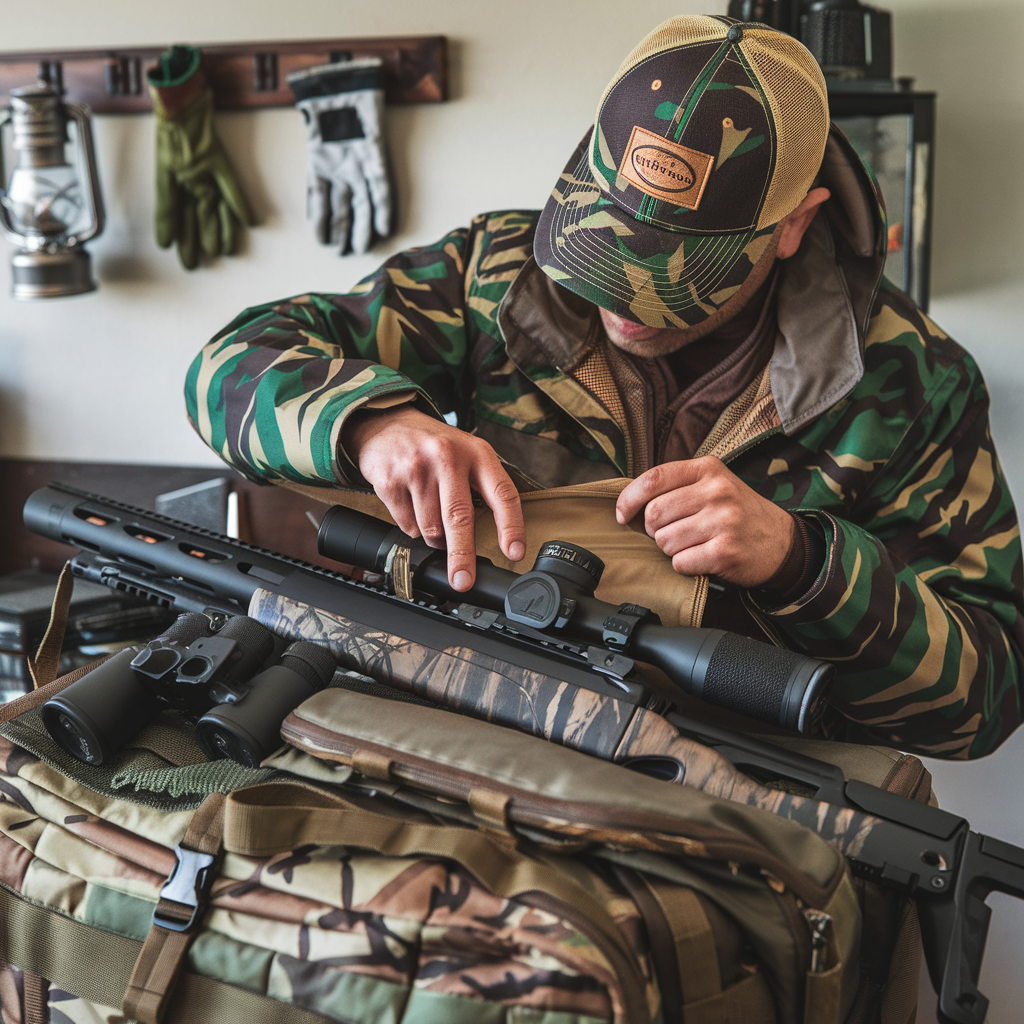How to Prepare for Your First Hunting Season

Preparing for your first hunting season is an exciting experience that involves both planning and practice. Whether you’re motivated by the adventure, the challenge, or the reward of a well-earned meal, starting your journey with the right preparation can make all the difference. Here’s a comprehensive guide to ensure you’re ready for the field.
Understand Hunting Regulations and Licensing
One of the first steps is to research the hunting laws in your area. Each state or region has its own rules regarding species, seasons, and equipment.
- Check specific hunting seasons for the game you are targeting, such as deer, turkey, or waterfowl.
- Ensure you have the necessary licenses, permits, and tags. Many areas require a hunter safety course before issuing a license.
- Familiarize yourself with legal hunting zones and property boundaries.
Following regulations keeps you within the law and helps in the conservation of wildlife populations.
Invest in the Right Gear
Having the right equipment is crucial for a successful and safe hunt. Here’s what you’ll need:
- Firearm or Bow: Choose a weapon suitable for the game you’ll hunt. Ensure it complies with local laws.
- Ammunition: Use the appropriate caliber or arrows for your target species.
- Apparel: Opt for weather-appropriate clothing, including camouflage or blaze orange, depending on regulations.
- Safety Equipment: Bring hearing and eye protection, a first-aid kit, and any necessary personal protective gear.
Conduct a test with your gear before heading into the field. Practice with your firearm or bow to ensure accuracy and familiarize yourself with how it handles.
Scout Your Hunting Location
Scouting is essential to identify where game is most active. Here’s how to do it:
- Visit your hunting site ahead of the season to look for animal tracks, droppings, and feeding areas.
- Set up trail cameras to monitor activity patterns of the game.
- Map out key locations, such as bedding areas, water sources, and travel routes.
Scouting will improve your chances of success and reduce unnecessary disturbance to wildlife on the hunt day.
Learn and Practice Hunting Techniques
Sharpening your skills before the season is critical. Spend time learning techniques specific to your desired game, such as:
- Stalking: Moving quietly and staying downwind to avoid being detected.
- Calling: Using devices like duck calls or grunt tubes to attract game.
- Stand Hunting: Setting up in a stationary position, such as a blind or a tree stand, to wait for animals.
Being proficient in these methods will help you adapt to different scenarios in the field.
Plan for the Physical Demands
Hunting often involves hiking, carrying equipment, and dealing with varying weather conditions. To prepare:
- Build your stamina through regular physical activity, like walking or hiking.
- Practice carrying your hunting pack to get used to the weight and balance.
- Start acclimating to weather conditions you’ll face, whether it’s the early chill of morning hunts or the heat of the midday sun.
Physical readiness will help you stay focused and comfortable throughout the hunt.
Pack the Essentials
Before heading to the field, create a checklist of necessary supplies. This includes:
- Maps or GPS device to navigate the area.
- Snacks and water for hydration and energy.
- Knife or multi-tool for dressing your game.
- Weather essentials, such as rain gear or hand warmers.
These items will ensure you’re prepared for any unexpected situations while hunting.
Review Ethical Hunting Practices
Responsible hunting is about more than just following laws. It involves respect for wildlife and ensuring future hunters can enjoy the sport. Always:
- Aim for a clean, humane kill.
- Practice proper field dressing to preserve the meat.
- Respect the environment by leaving no trace and avoiding overhunting.
Ethical hunting ensures the conservation and sustainability of wildlife populations.
Build Confidence Before the Hunt
Gaining confidence is key for first-time hunters. Spend time honing your shooting skills at the range or in controlled scenarios. Engage with experienced hunters who can share advice and help you prepare mentally. The more comfortable you are with your gear and surroundings, the more enjoyable your experience will be.
Final Thoughts
Preparing for your first hunting season requires a blend of knowledge, practice, and the right equipment. Approach the season with respect for the sport and the wildlife, and take the time to build skills and confidence. With preparation in place, you’re ready to enjoy the thrill and reward of your hunting adventure.
For more tips on firearms, safety, and outdoor adventures, explore our extensive resources at 2AGun.com. Start your hunting season with confidence and make it a memorable experience!



